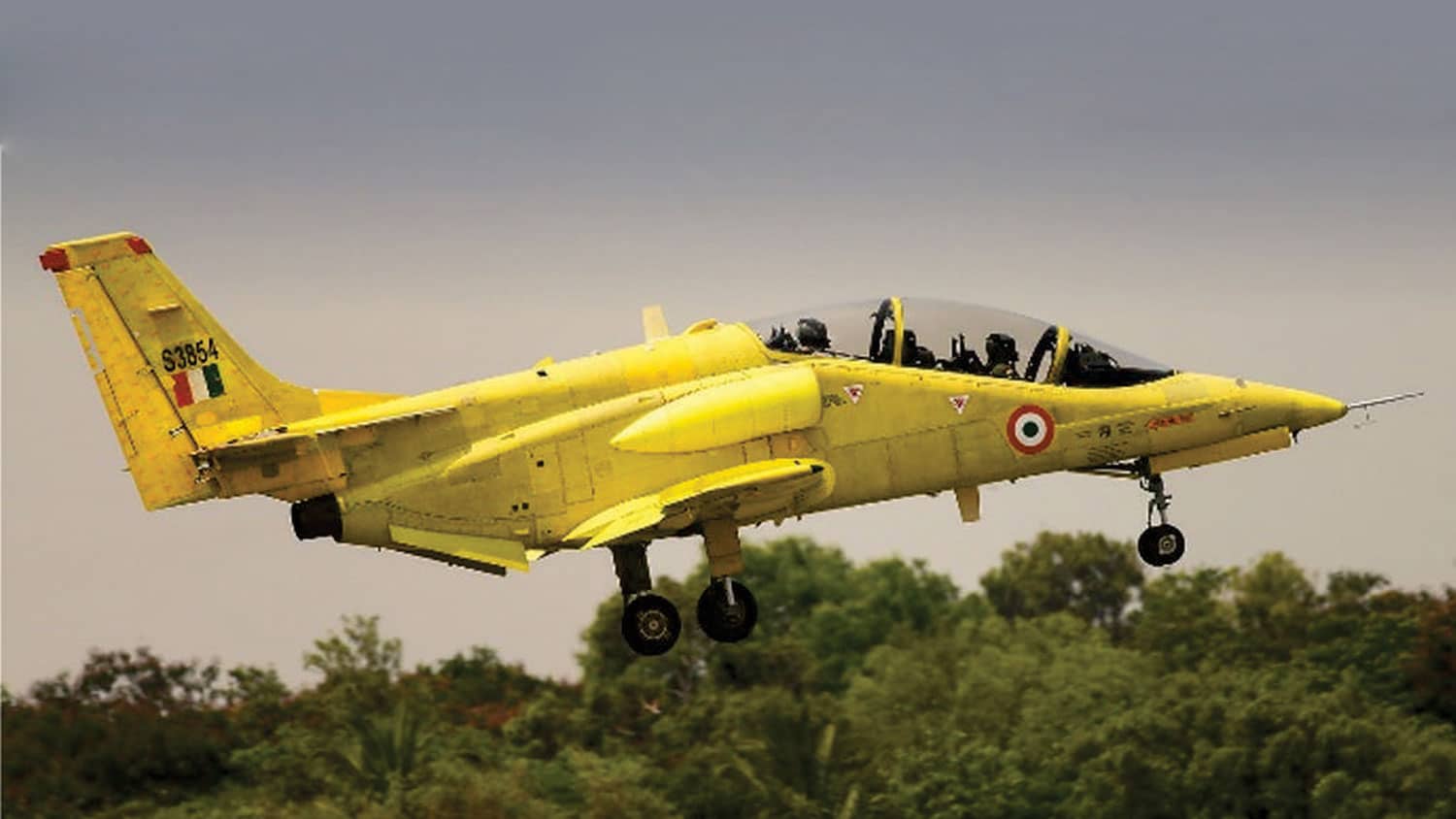SOURCE: IDRW.ORG TEAM

The Comptroller and Auditor General (CAG) recently released a report that sheds light on significant delays and challenges faced in the intermediate jet trainer (IJT) project undertaken by Hindustan Aeronautics Limited (HAL). The report, which was tabled in Parliament, highlights the consequences of improper engine selection and faulty planning during the early stages of development.
The IJT project, sanctioned nearly 25 years ago, aimed to develop a crucial platform for stage-II training of fighter pilots, serving as a replacement for the Indian Air Force’s (IAF) aging Kiran fleet. However, the report indicates that improper engine selection due to incorrect assessment of thrust requirements and lack of clarity on engine availability resulted in a cascading effect on the project’s design and development. This initial misstep led to a series of challenges that plagued the project over the years.
One of the key challenges highlighted in the report is the lack of clarity on resolving stall and spin issues, critical aspects in ensuring the safety and performance of the aircraft. Coupled with improper planning during the project’s early stages, this led to significant delays in achieving the project’s milestones. These delays had far-reaching implications, including a delay in obtaining initial operational clearance and the subsequent deliveries to the IAF.
The IJT project initially relied on a French engine for power and propulsion, and later transitioned to a Russian engine. The IAF had anticipated receiving initial operational clearance by 2006, with deliveries following in subsequent years. However, as the report indicates, the IAF has not yet placed an order for the IJT, leaving a gap in its training capabilities.
The repercussions of these delays were felt in the IAF’s training regimen. The absence of an adequate number of IJTs forced the IAF to extend the use of its existing Kiran and Pilatus aircraft for stage-II training. The training process, spanning multiple stages, plays a pivotal role in nurturing skilled fighter pilots, and any disruptions can have a domino effect on the operational readiness of the IAF.
NOTE : Article cannot be reproduced without written permission of idrw.org in any form even for YouTube Videos to avoid Copy right strikes